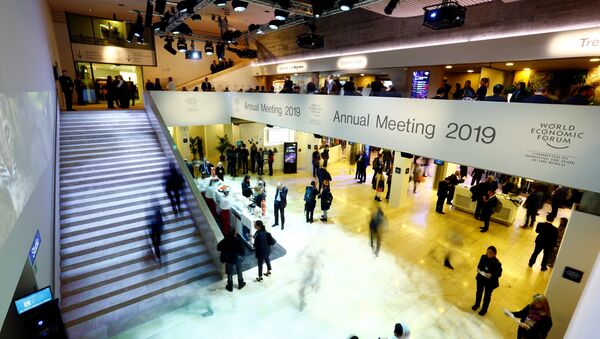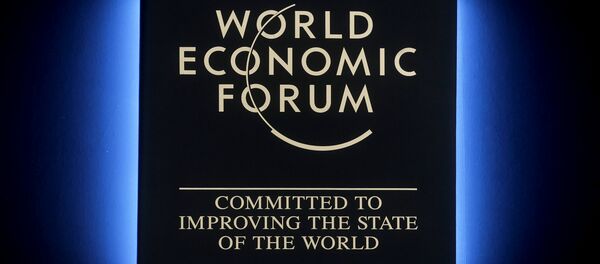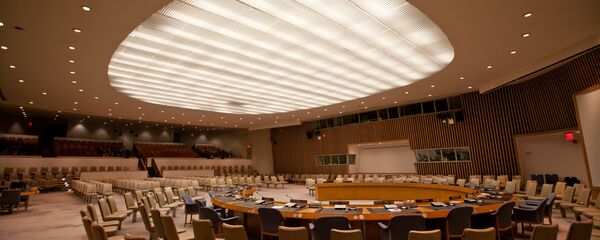Kristian Rouz — South African Reserve Bank (SARB) Governor Lesetja Kganyago says there's 'no reason' for international credit rating agencies to downgrade the struggling nation's investment grade.
READ MORE: 'WEF Stinks': Activists Rally Against Annual World Economic Forum in Davos
The Governor's remarks come after Moody's, Fitch, and S&P cut the nation's credit rating over the past few months due to fiscal instability, rife corruption, and the controversial white land confiscation plans.
However, speaking at the World Economic Forum in Davos, Switzerland, Kganyago expressed confidence that South Africa would avoid a 'junk' investment grade from Moody's.
"I have not seen anything that is credit-negative that has developed since Moody's last pronouncement on our credit rating," Kganyago told Reuters at the World Economic Forum.
His remarks come after South African President Cyril Ramaphosa attempted to reassure international investors, saying the nation's economy is stable and sustainable. Ramaphosa said the upcoming land 'reform' would be in line with the South African constitution, and will not jeopardise property rights in the country.
"Investors have been relaxed when land reform is explained to them," Ramaphosa claimed when speaking at Davos.
South Africa's upcoming land confiscation has stirred controversy for months. Pretoria has announced it would allow seizures of land, as well as rural and urban properties, from their current white owners without any compensation or reimbursement.
READ MORE: Why Apartheid South Africa Wrongly Portrayed Prime Minister's Assassin as Madman
Critics said confiscations without compensation would violate the right to private property, a key principle of the South African constitution, which Ramaphosa plans to amend, according to the South African site BusinessTech. In Davos, the nation's president said the reform would not violate property rights, but stressed he would still advance land redistribution regardless of the mounting concerns.
Additionally, international investors have been concerned with corruption in South Africa, particularly so after previous President Jacob Zuma left his position due to his questionable ties to the powerful Gupta family, as well as allegations of bribery.
South Africa's economy has also balanced on the brink of a recession for the past few years, even though the ANC government currently expects economic growth to stabilise at just under 2 percent per year.
In this light, many investors are expecting Moody's to 'junk' South African's sovereign debt — but SARB Governor Kganyago believes this will not happen.
"Nothing has developed that would lead us to say the following risks have materialised and as such the rating is at risk," he said.
The World Bank said some of the structural reforms announced by the government would improve economic efficiency and labour productivity, while also boosting employment in South Africa — which would contribute to a modest economic acceleration.
For the past year, the World Bank said, South Africa's economy appears to have grown at just 0.9 percent.






